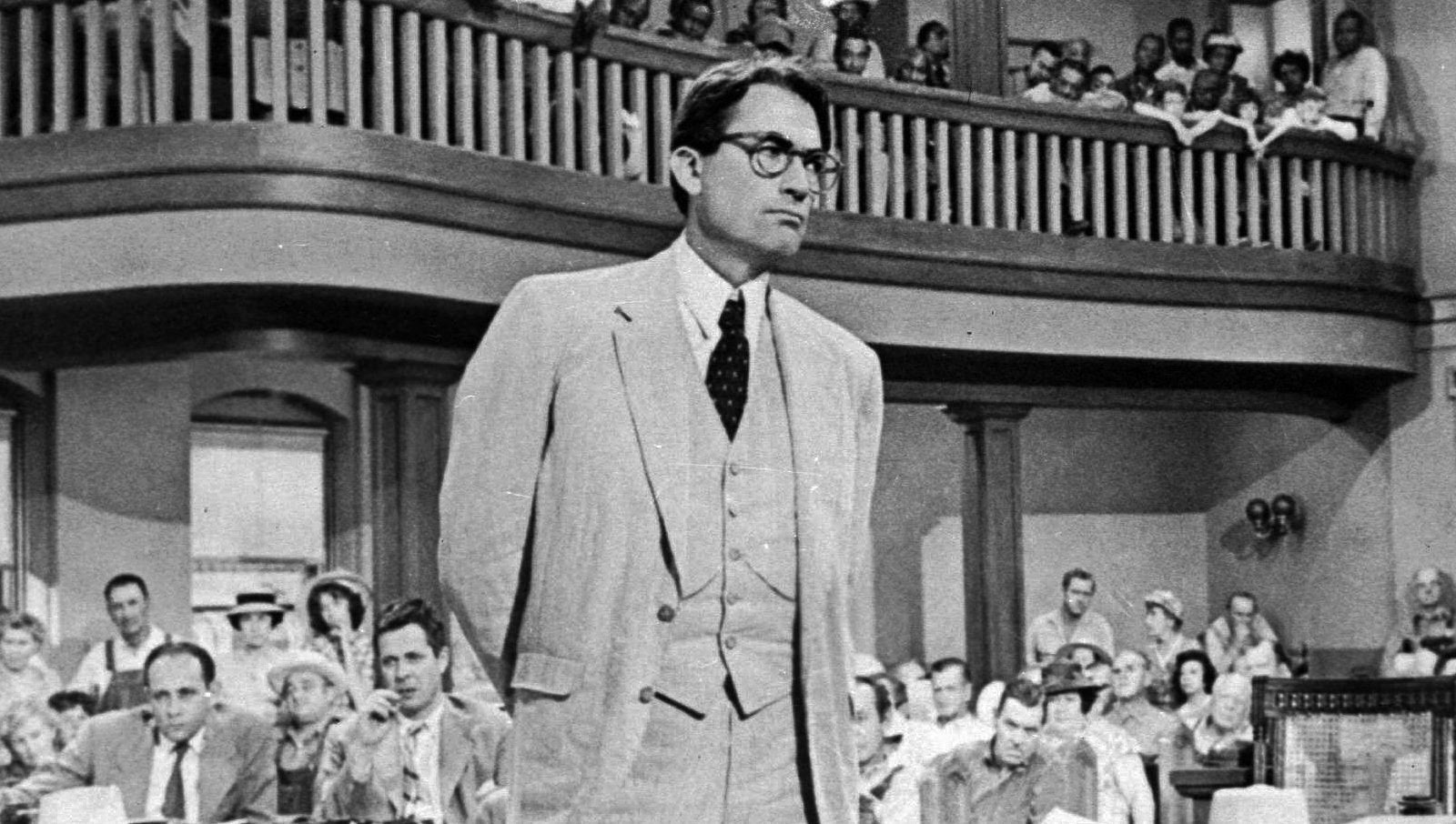Atticus Finch is now racist. So what?
For months, the literary world has been set ablaze with the news that we were going to receive a follow-up to Harper Lee’s iconic and Pulitzer Prize-winning novel, To Kill a Mockingbird. Over the weekend, however, it felt like some of that enthusiasm had been dampened when it was revealed that the beloved Atticus Finch, a paragon of liberalism, was a racist segregationist in Go Set a Watchman.


For months, the literary world has been set ablaze with the news that we were going to receive a follow-up to Harper Lee’s iconic and Pulitzer Prize-winning novel, To Kill a Mockingbird. Over the weekend, however, it felt like some of that enthusiasm had been dampened when it was revealed that the beloved Atticus Finch, a paragon of liberalism, was a racist segregationist in Go Set a Watchman.
Personally, I was disappointed, but less severely than many of my colleagues and friends. I liked To Kill a Mockingbird—but I wouldn’t necessarily categorize it as a book that changed my life. I appreciated Lee’s language and characters. And frankly, any story that shows how awful the justice system is towards people of color is quite all right with me.
But more than that, I don’t care so much about Atticus Finch being a racist in Lee’s new—if we can call it that—book, because liberalism is not synonymous with tolerance. Yes, Atticus Finch was able to show that Mayella’s rape was not Tom Robinson’s doing. However, just because Finch defended a black man for a crime he did not commit does not mean that he cared to have him—or any other black person for that matter—in his space.
It’s kind of odd, isn’t it? People tend to experience some cognitive dissonance here, because we’ve been conditioned to believe that every liberal is accepting of all kinds of people, which is entirely not true. In fact,you could argue that white liberals place themselves on a high pedestal, replicating uneven power dynamics, which allows for racism to reveal itself in another form.
Nowhere in To Kill a Mockingbird did we see Atticus Finch inviting black people into his home for dinner and card games. Nowhere in the novel did we read about him advocating for civil rights and the respect for black lives. What white liberals tend to forget—both those of the past and present—is that we are all products of our environment, no matter our political inclinations. Atticus Finch was still a white man from the south. We all have assumptions about race that we need to unravel and correct. The problem with liberalism is that oftentimes the ideology influences us to believe that we are above an issue, so much so in fact, that we ignore it altogether.
On a smaller scale, maybe Harper Lee is teaching us all a lesson: kill your favorites. When you begin to idolize a character, you set yourself up for great disappointment. Real life role models are influential not for their exemplary behavior, but rather the mistakes that they have made.
Allegedly, before dying, Dostoyevsky was going to make the benevolent Alyosha in The Brothers Karamazov a more sinister character in another novel. We can’t be so loyal to a character that we can’t expect for him or her to change. Static characters aren’t interesting, are they? We need to know about the twists and turns of their lives. But remember: we are readers, we can’t control the plot. And as the controversial and convoluted saga of Lee’s second novel proves, sometimes even authors can’t control their own creations.
I’m still going to buy Go Set a Watchman, because I want to see how Atticus Finch came to be who he is. Lee wrote this novel before To Kill a Mockingbird. I don’t want to simply read press releases and discard what might be another seminal work. I don’t want to picture him as simply a spittin’ racist who points his finger at all the darkies around town. That’s a caricature and an unfair portrait of any human being.
It could be argued that To Kill a Mockingbird was a novel that allowed some white people to feel absolved of their racist past. White guilt can be pretty damning—that is why it is so insidious. And who knows? Maybe Harper Lee wanted to depict Atticus Finch’s duality in order to hold a mirror to white America.